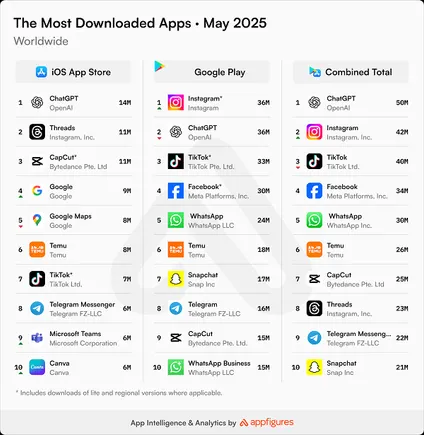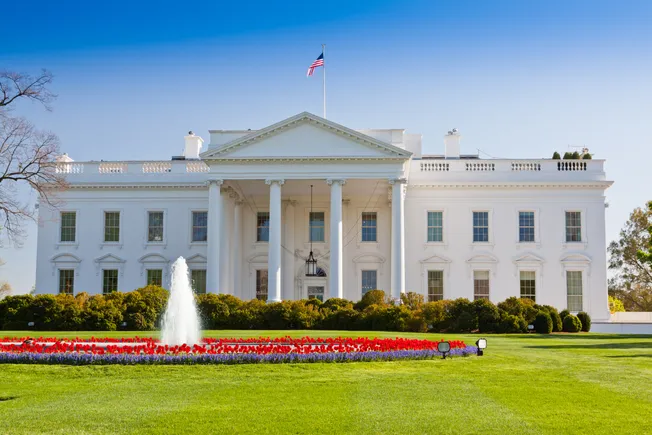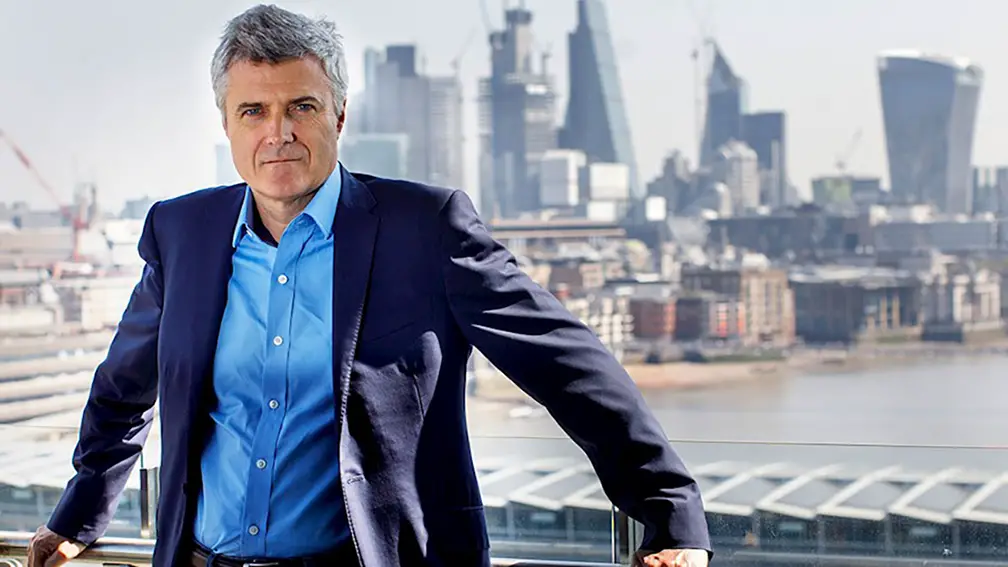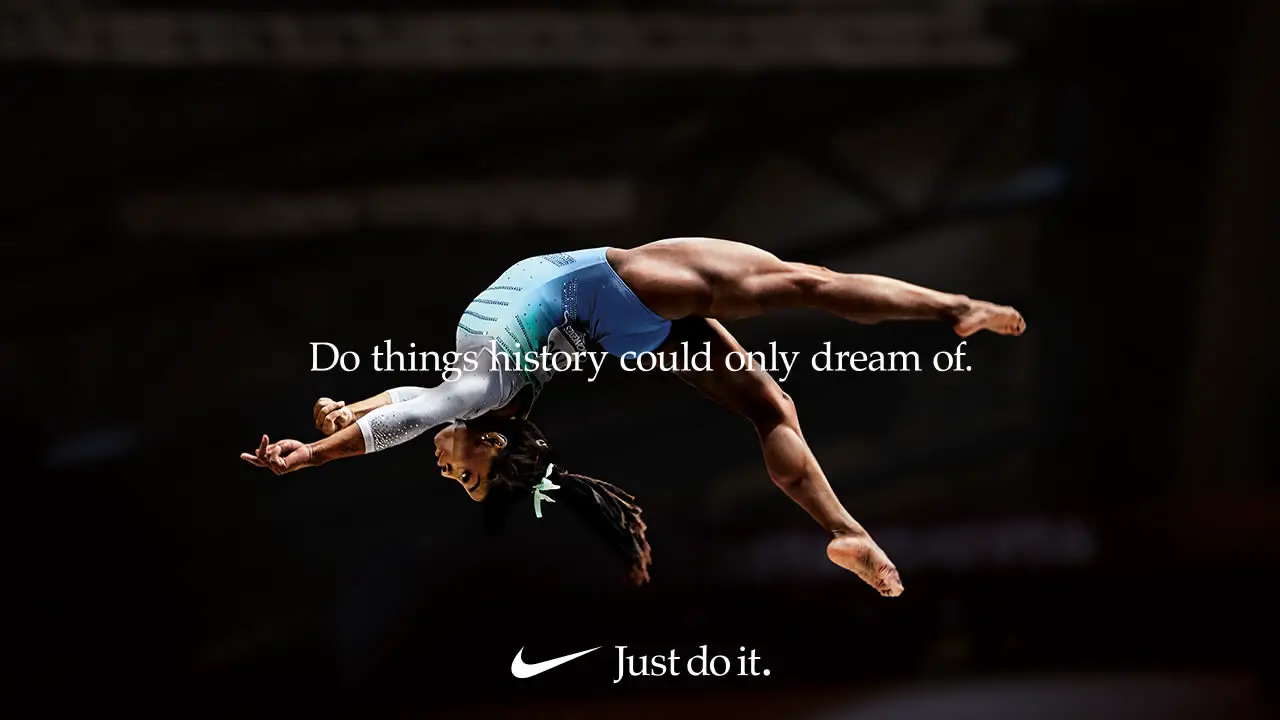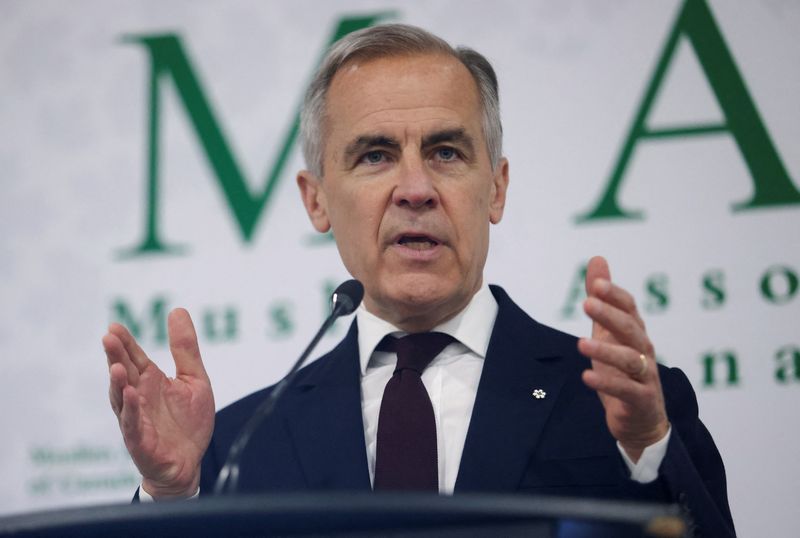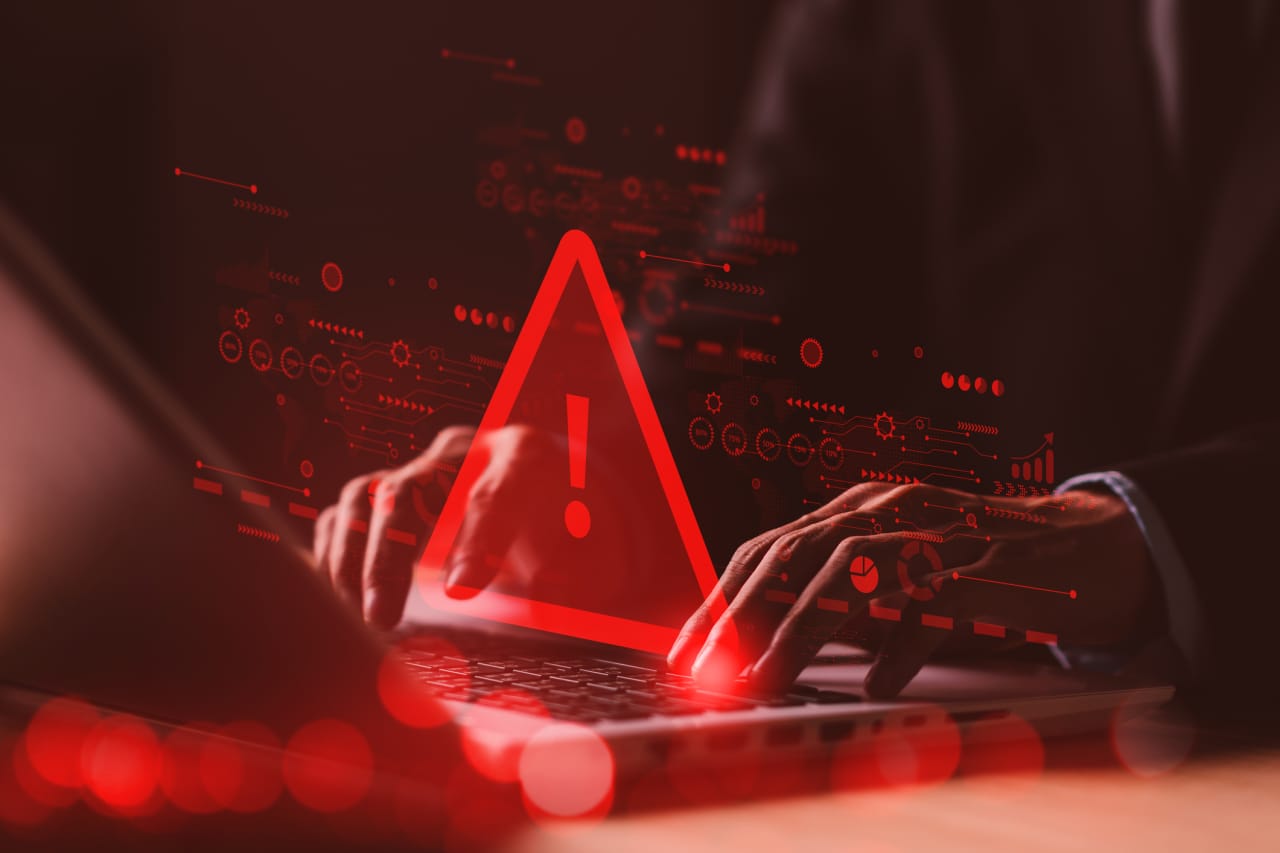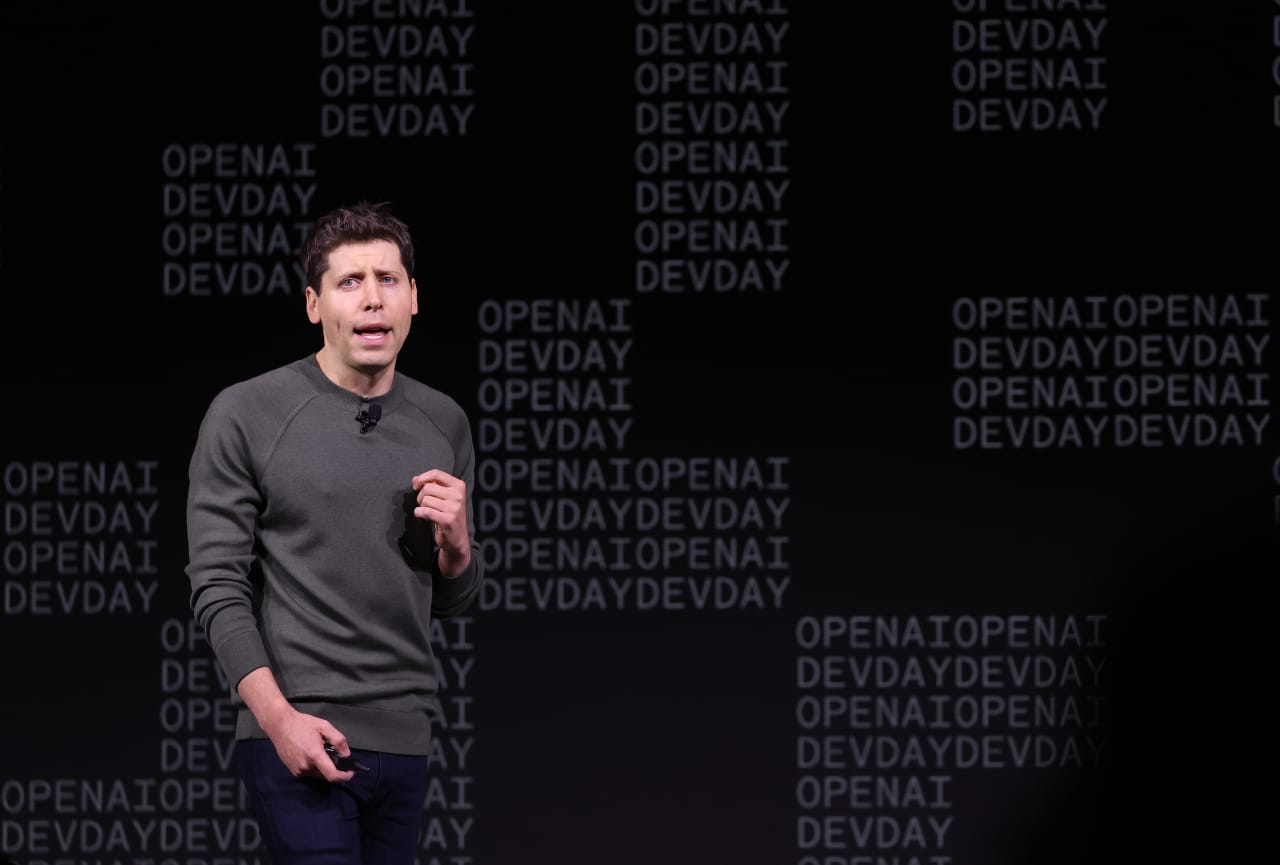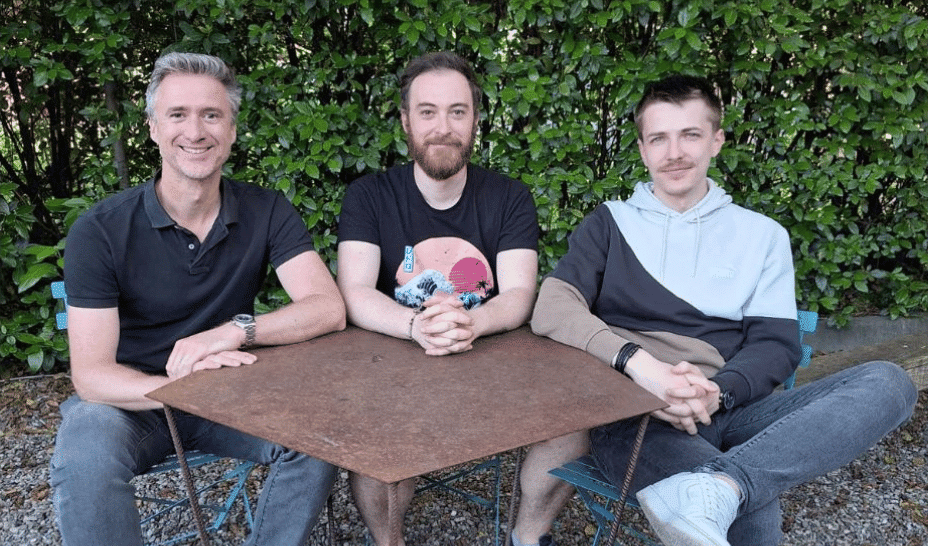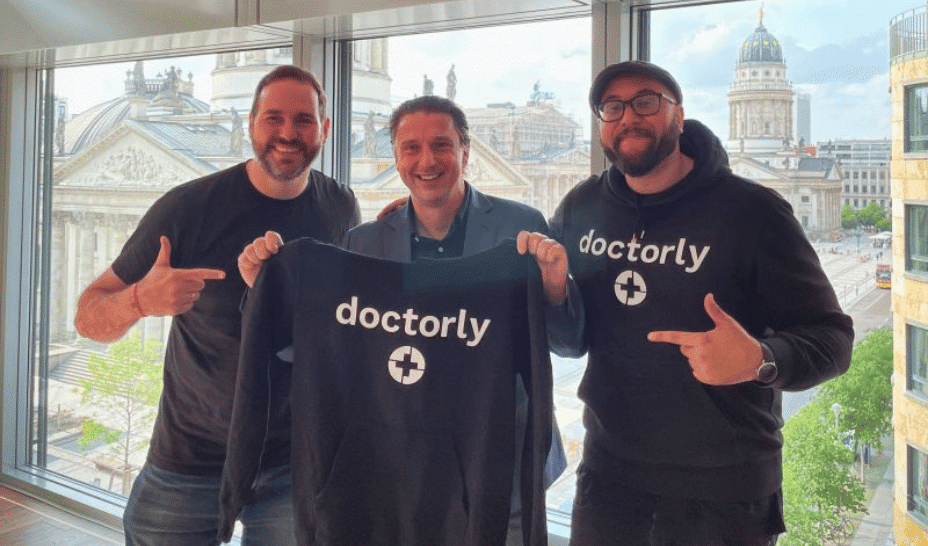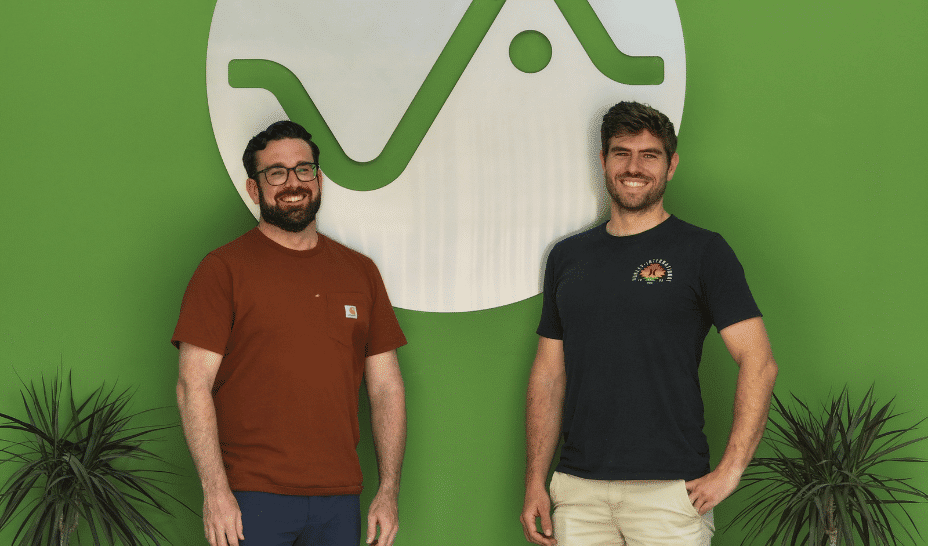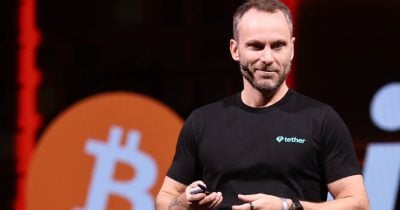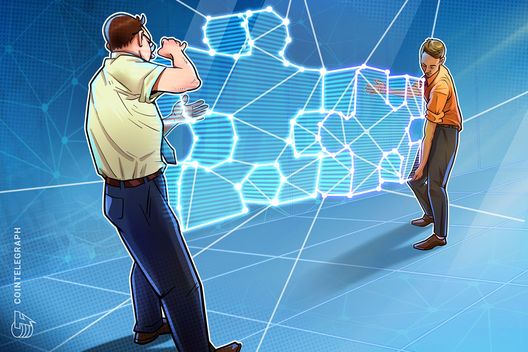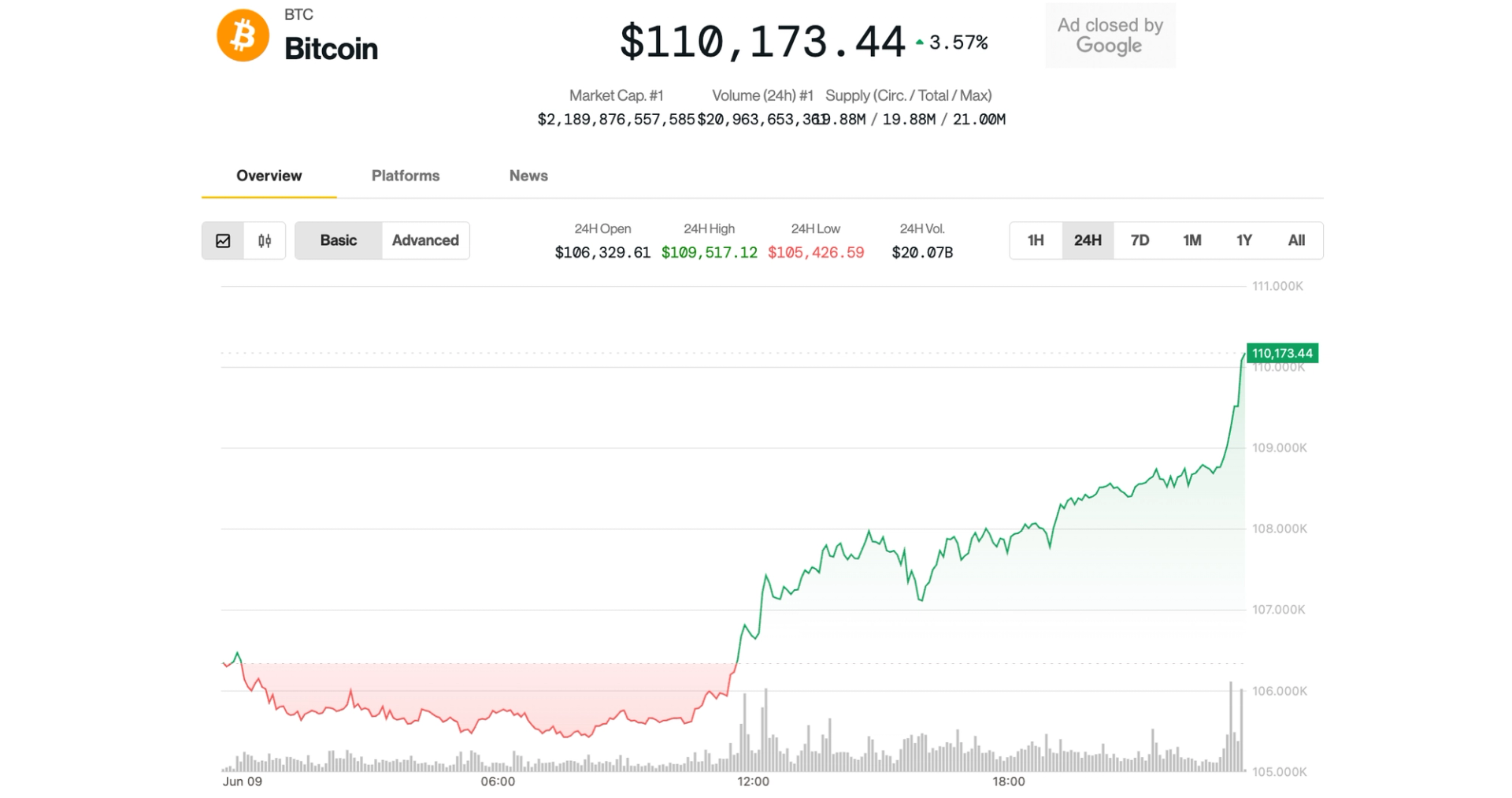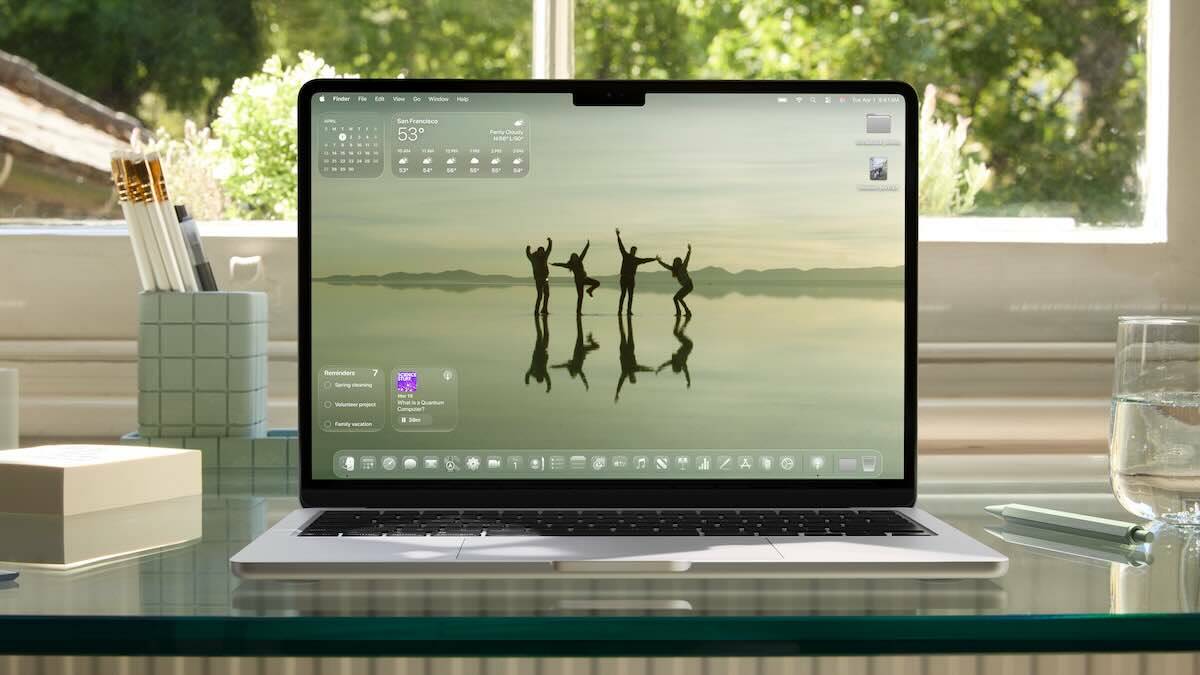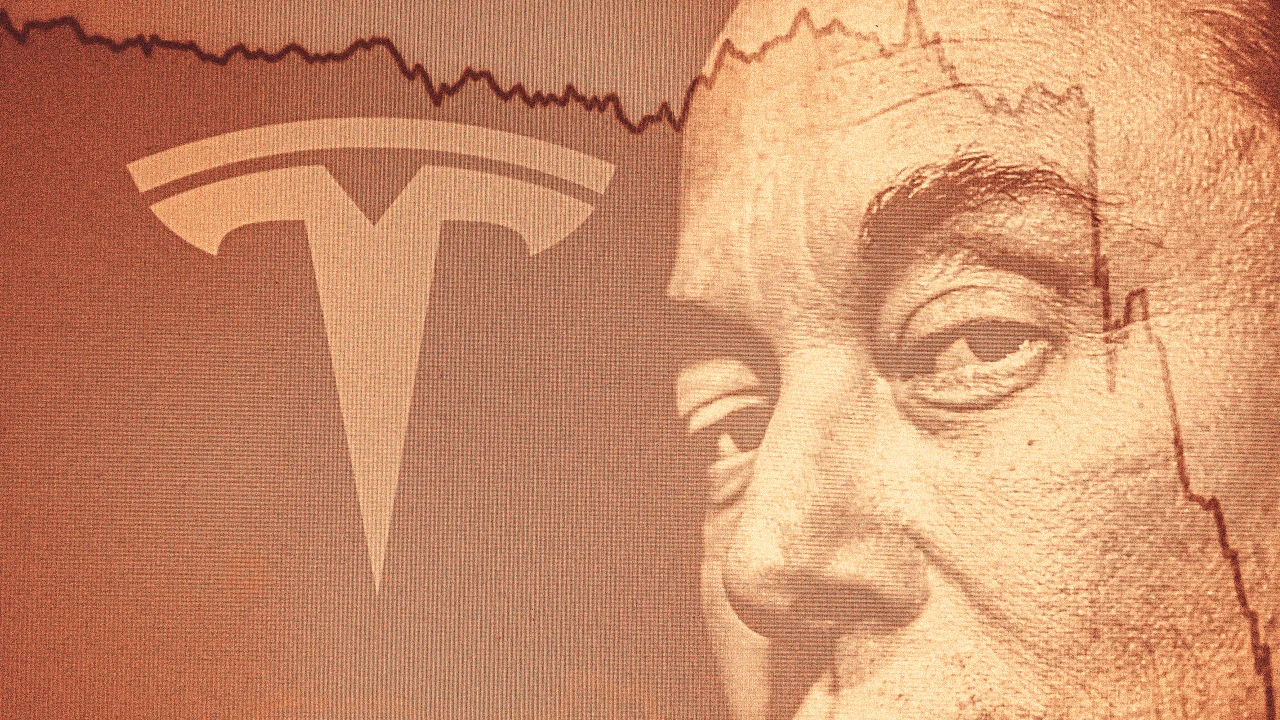What business leaders should think about now
What does the future hold for business leaders and entrepreneurs? With a rapidly changing world, how does one navigate a path to success? To get a better sense of where we are heading, I caught up with Futurist Joana Lenkova of Futures Forward, who shares insight on how leaders should be thinking about the future of their business. Q: Tell me a little bit about yourself and what a futurist does? Joana Lenkova: I have a background in brand, strategy, innovation, and foresight within large corporations like The Walt Disney Company and now the LEGO Group. In 2019, I founded Futures Forward, my own consultancy, which allows me to work not only with corporations but also with nongovernmental organizations, start-ups, and governmental institutions to imagine better futures for them. Q: How should business leaders and entrepreneurs be thinking about AI and the tools available to them now? Lenkova: For me the more interesting question isn’t which tools we are using, it’s what these tools are enabling us to do. We live in an age of radical accessibility. Entrepreneurs and professionals today have easy access to low or no-code platforms, AI assistants, a global freelance talent pool, and direct-to-consumer distribution platforms. I think the real shift is in speed, access, autonomy—and with AI it’s agency. What used to require full teams and big capital can now be prototyped by one person over a weekend. Q: What about people who are about to start a company now? What advice would you give them as they consider using all this new technology? Lenkova: I have been thinking a lot about that because we tend to get enamored by technology. But what is the one thing that is as important today as it was in the past? Even though these tools have evolved, what really matters hasn’t changed. It’s still about having a clear vision, the ability to adapt, and to solve something meaningful. So, somebody launching a business now, you should really ask yourself, what is the real human need that I’m going to be serving? A lot of times businesses start from a technology, you know, let’s develop this and let’s experiment and prototype and see where it takes us. But in the end, it will be successful if it can be a solution for a meaningful future need. Q: How should business leaders and startup founders be thinking about building teams as many roles are now aided or replaced by AI? Lenkova: I think starting with the problem and not with the technology you use. Perhaps choose to hire versatile hybrid thinkers instead of deep specialists, especially when you need innovative solutions and quick adaptability as a business. Of course, the context is important. But that’s exactly how futurists think—we look for cognitive diversity. There is interesting work from Scott Page, whose research shows that diverse groups of people can outperform homogenous groups of experts. Leaders sometimes tend to hire people who confirm their own biases unconsciously, but that’s not healthy. You need people who can shine a light on your blind spots, not those who agree with you. Q: Do you think we are living in a time where we will witness the first solopreneur who utilizes technology and AI to become a billionaire? Lenkova: I wonder if we already have. With creators like MrBeast, for example, who are building these personal media brands in such a different way, creating new IPs, licensing, content, and product lines. Solopreneurs are super enabled today to reach vast global audiences and it can happen overnight using the available tools smartly. But the more interesting thing to me is that there is a shift in values. I really wonder if the next generation of founders are going to aspire to be billionaires in terms of dollars—or maybe this is just a hopeful scenario that I’m living in, that they would want to measure their success by impact or by freedom. So maybe the first “billionaire” solopreneur will choose not to be one in the traditional sense. Q: Do you think we are heading in a direction where everyone will eventually need to become an entrepreneur or self-employed? Lenkova: Not necessarily, but we are in a world where entrepreneurial thinking is essential—even inside large companies. I think there definitely will be more experiments in new forms of governance. On one hand the change will manifest in a stronger connection to purpose, keeping the commercial organization structure but looking to generate value across people and planet in addition to profit. I see this in the future as a hygiene factor. Think regenerative systems. On the other hand, we’re also seeing more importance placed on community-led brands, experiments with decentralized forms of governance, etc. But to allow for these changes, you have to remember that the legacy systems and ways of incentivizing governance boards and employees will have to change as well. Q: Anything you’d like to share with peopl

What does the future hold for business leaders and entrepreneurs? With a rapidly changing world, how does one navigate a path to success? To get a better sense of where we are heading, I caught up with Futurist Joana Lenkova of Futures Forward, who shares insight on how leaders should be thinking about the future of their business.
Q: Tell me a little bit about yourself and what a futurist does?
Joana Lenkova: I have a background in brand, strategy, innovation, and foresight within large corporations like The Walt Disney Company and now the LEGO Group. In 2019, I founded Futures Forward, my own consultancy, which allows me to work not only with corporations but also with nongovernmental organizations, start-ups, and governmental institutions to imagine better futures for them.
Q: How should business leaders and entrepreneurs be thinking about AI and the tools available to them now?
Lenkova: For me the more interesting question isn’t which tools we are using, it’s what these tools are enabling us to do. We live in an age of radical accessibility. Entrepreneurs and professionals today have easy access to low or no-code platforms, AI assistants, a global freelance talent pool, and direct-to-consumer distribution platforms. I think the real shift is in speed, access, autonomy—and with AI it’s agency. What used to require full teams and big capital can now be prototyped by one person over a weekend.
Q: What about people who are about to start a company now? What advice would you give them as they consider using all this new technology?
Lenkova: I have been thinking a lot about that because we tend to get enamored by technology. But what is the one thing that is as important today as it was in the past? Even though these tools have evolved, what really matters hasn’t changed. It’s still about having a clear vision, the ability to adapt, and to solve something meaningful.
So, somebody launching a business now, you should really ask yourself, what is the real human need that I’m going to be serving? A lot of times businesses start from a technology, you know, let’s develop this and let’s experiment and prototype and see where it takes us. But in the end, it will be successful if it can be a solution for a meaningful future need.
Q: How should business leaders and startup founders be thinking about building teams as many roles are now aided or replaced by AI?
Lenkova: I think starting with the problem and not with the technology you use. Perhaps choose to hire versatile hybrid thinkers instead of deep specialists, especially when you need innovative solutions and quick adaptability as a business. Of course, the context is important.
But that’s exactly how futurists think—we look for cognitive diversity. There is interesting work from Scott Page, whose research shows that diverse groups of people can outperform homogenous groups of experts.
Leaders sometimes tend to hire people who confirm their own biases unconsciously, but that’s not healthy. You need people who can shine a light on your blind spots, not those who agree with you.
Q: Do you think we are living in a time where we will witness the first solopreneur who utilizes technology and AI to become a billionaire?
Lenkova: I wonder if we already have. With creators like MrBeast, for example, who are building these personal media brands in such a different way, creating new IPs, licensing, content, and product lines. Solopreneurs are super enabled today to reach vast global audiences and it can happen overnight using the available tools smartly.
But the more interesting thing to me is that there is a shift in values. I really wonder if the next generation of founders are going to aspire to be billionaires in terms of dollars—or maybe this is just a hopeful scenario that I’m living in, that they would want to measure their success by impact or by freedom. So maybe the first “billionaire” solopreneur will choose not to be one in the traditional sense.
Q: Do you think we are heading in a direction where everyone will eventually need to become an entrepreneur or self-employed?
Lenkova: Not necessarily, but we are in a world where entrepreneurial thinking is essential—even inside large companies. I think there definitely will be more experiments in new forms of governance.
On one hand the change will manifest in a stronger connection to purpose, keeping the commercial organization structure but looking to generate value across people and planet in addition to profit. I see this in the future as a hygiene factor. Think regenerative systems.
On the other hand, we’re also seeing more importance placed on community-led brands, experiments with decentralized forms of governance, etc. But to allow for these changes, you have to remember that the legacy systems and ways of incentivizing governance boards and employees will have to change as well.
Q: Anything you’d like to share with people launching a business right now?
Lenkova: Yes—don’t just build a product, build a worldview, have a purpose. It isn’t enough to sell products, you really have to make positive change to humans, to the planet, to the community. Think about regenerative practices and look at multiple future scenarios. Think about what the world may look like, what you’d like the world to look like, and make it happen. Think about the future needs of your stakeholders and build solutions for those. What do you believe about the future that others don’t yet see? Let that be your compass.
Maureen Brown is co-founder and CEO of Mosie Baby.




